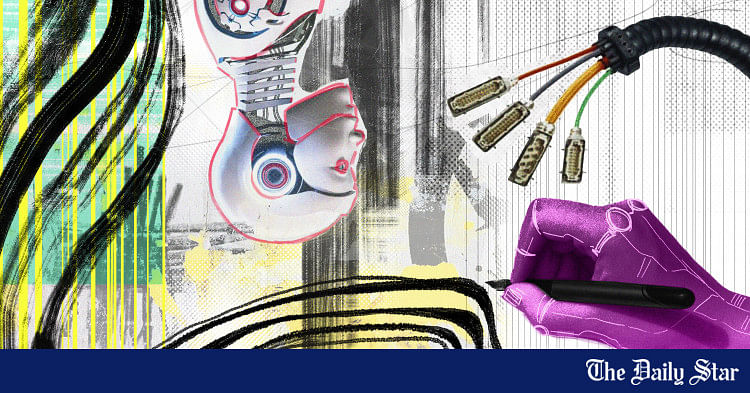There is currently a significant amount of concern surrounding literacy, with individuals expressing apprehension about effective student instruction in light of the fact that artificial intelligence can now successfully complete most tests and assignments. The challenge lies in evaluating students’ capabilities and discerning whether the written work we assess is the product of a thinking, morally accountable human being. While the source of these concerns may be new, the apprehension surrounding writing is not.
Throughout history, writing has been both praised and criticized for its impact on human society. Understanding generative AI in this context is crucial. When writing is viewed as a tool for conveying thoughts, AI can be likened to a calculator. However, when writing is seen as an end in itself, such as in the creation of flawless essays, we may find ourselves unprepared for the implications. Transformations in literacy technologies have historically sparked significant societal changes, given the profound influence of written communication on human organization.
The suspicion surrounding writing technologies dates back to ancient times when writing was initially developed for record-keeping purposes. Over time, writing evolved into a form of discourse that transcended mere documentation, encompassing stories, poems, and prayers. Despite early beliefs that writing was both a divine gift and a potential curse, warnings against its use, such as those articulated by Plato in Phaedrus, proved unfounded. Writing has played a pivotal role in human progress, from scientific advancements to societal improvements like the abolition of slavery.
The advent of the printing press marked a pivotal moment in history, laying the foundation for the modern world. The mass production of written materials facilitated by the printing press led to widespread literacy, the dissemination of knowledge, and the acceleration of information flow through mass media. This technological advancement not only shaped modernity but also influenced the course of history, contributing to the rise of nation-states and the spread of imperialism.
As we confront the challenges posed by generative AI and its implications for a society built around writing, it is essential to reevaluate the role of writing in education. Rather than viewing writing as the ultimate goal, we should consider it as a means to an end. While AI may excel at generating generic content, it falls short when tasked with producing specific, contextually relevant texts. Writing, as a form of critical thinking and engagement with the world, remains a uniquely human capability that AI cannot replicate.
By embracing AI as a tool to aid in reading, thinking, and writing, educators can empower students to leverage technology effectively. AI’s ability to process information rapidly and provide suggestions can enhance the writing process by facilitating idea development and text comprehension. Just as the printing press revolutionized communication, AI represents a new frontier in writing technologies that must be harnessed thoughtfully to prepare students for the evolving technological landscape.
In conclusion, artificial intelligence, much like the printing press before it, has the potential to reshape how we approach writing and education. By integrating AI tools into the learning process and emphasizing their role as aids rather than replacements for human creativity and critical thinking, we can adapt to this new technological paradigm and equip future generations for success in an increasingly digital world.






